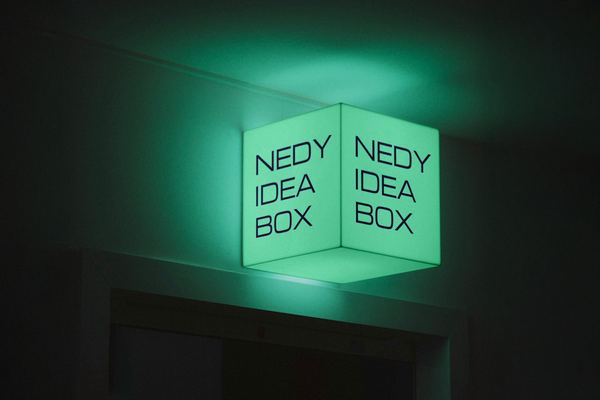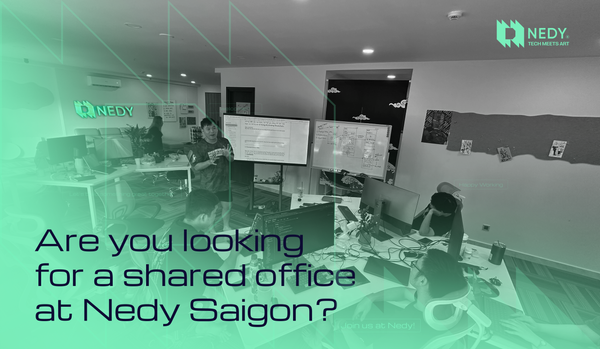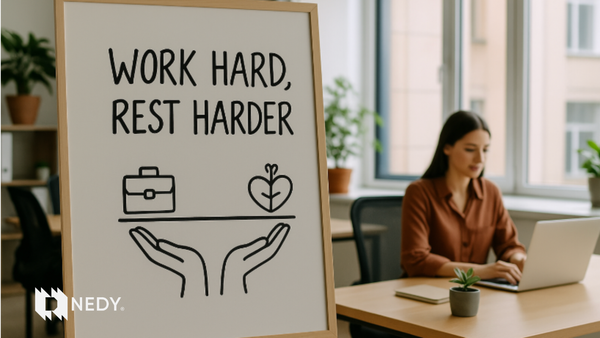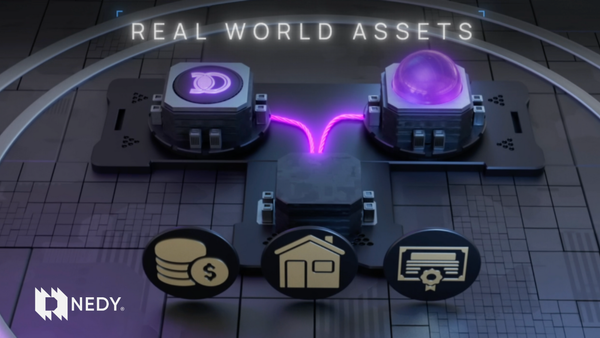AI in the Hands of Regular People: How AI is Changing the Way We Work Without Anyone Noticing
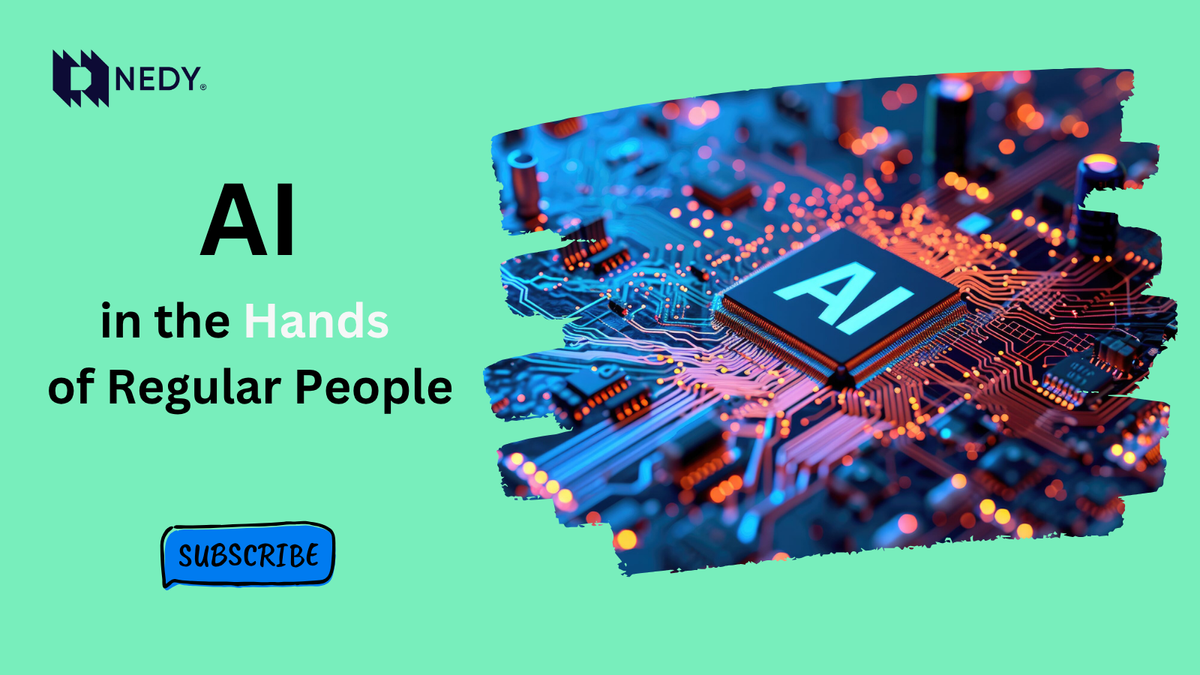
[Vietnamese Summary Below]
Start with a personal story about realizing how AI has infiltrated your daily work. For example: "Last week, I suddenly realized I had used AI 17 times in a single morning—from emails to scheduling, without even being aware of it. That's when I understood that the AI revolution isn't some distant future—it's happening right now, in the hands of people like you and me."
Unique Angle
While many articles focus on high-tech AI applications, this piece will look at how AI is silently transforming the daily work of non-tech people. This is a perspective rarely discussed but has widespread impact.
Main Content
1. "Regular People" Are Using AI More Than They Think
- Analyze common everyday tools with integrated AI that users don't recognize: Gmail Smart Compose, spam filters, Netflix, TikTok, etc.
- Present statistics: "The average person interacts with AI over 50 times daily without knowing it."
- Quote: "AI is no longer something that belongs only to laboratories or Silicon Valley. It has become the invisible colleague of all of us." - Sarah Johnson, AI Ethics Researcher at MIT
2. How AI is Transforming Traditional Professions
- Interview a marketer, an accountant, and a teacher about how they're using AI
- Tell specific stories: "Emma, an elementary school teacher with 15 years of experience, has reduced her lesson planning time from 3 hours to just 45 minutes thanks to this AI tool..."
- [Insert image: Teacher using AI to prepare lessons]
3. The Dark Side: The Price of AI Dependence
- Analyze skills that are being lost: critical thinking, ability to solve complex problems
- Real-life story: "A young accountant who didn't know how to calculate taxes manually when the system crashed..."
- AI errors and their consequences in everyday work
- Quote: "The greatest danger is not that AI will replace humans, but that humans will lose the ability to work without AI." - Dr. Alex Foster, Technology Research Institute
4. Mastering AI: Strategies for Non-Specialists
- Specific guidance on recognizing when to use AI and when to rely on your own abilities
- Practical AI tools for common professions (suggest 2-3 tools for each industry)
- [Insert image: Decision flowchart "When to Use AI" with factors to consider]
5. Near Future: What AI Will Change in the Next 12 Months
- Analyze AI trends that office workers will encounter in the coming year
- How to prepare skills to adapt
- Quote: "AI isn't a threat to your job. Not being able to work with AI is the real threat." - Mark Zuckerberg, CEO of Meta
Conclusion
End with a personal story about how you've changed your approach to work thanks to AI, and practical advice for readers.
Tóm tắt tiếng Việt
AI đang âm thầm thay đổi cách chúng ta làm việc mỗi ngày mà ít ai nhận ra. Một buổi sáng, tôi bất ngờ nhận thấy mình đã dùng AI tới 17 lần – từ viết email, lên lịch họp cho đến gợi ý câu chữ – và đó là lúc tôi nhận ra: AI không còn là công nghệ của tương lai, mà đã len lỏi vào tay từng người bình thường.
Bài viết khám phá cách AI tích hợp vào những công cụ quen thuộc như Gmail, Netflix hay TikTok và được sử dụng hơn 50 lần mỗi ngày mà người dùng không hay biết. Những người làm nghề truyền thống như giáo viên, kế toán, marketer cũng đang tận dụng AI để làm việc nhanh hơn, hiệu quả hơn.
Tuy nhiên, sự phụ thuộc vào AI cũng có mặt trái: mất đi kỹ năng tư duy, xử lý vấn đề.
Bài viết cung cấp chiến lược giúp người không chuyên làm chủ AI, giới thiệu công cụ phù hợp từng ngành nghề, và dự đoán xu hướng AI trong 12 tháng tới. Kết thúc bằng câu chuyện cá nhân và lời khuyên thực tế: AI không cướp việc, nhưng ai không biết dùng AI mới là người bị bỏ lại.


